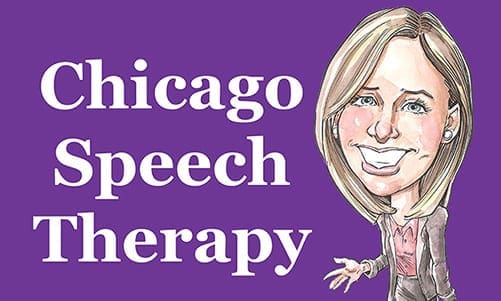There are several different types of sensory processing disorder symptoms ranging from oral, visual, tactile, auditory, and receptive dysfunctions.
Tactile Dysfunction
– Hypersensitivity: Your child dislikes touch, going to the pool or beach, bathing, rough clothes, or rough play with other children
– Hyposensitivity: Your child feels the need to touch everything constantly, plays very rough with other children, and doesn’t seem to respond to pain
Vestibular Dysfunction
– Hypersensitivity: Your child has a strong fear of heights, dislikes being upside down, avoids rapid movements or spins
– Hyposensitivity: Your child is full of excessive energy and craves rapid movement, shakes legs while sitting, loves being tossed in the air, and never seems to become dizzy
Proprioceptive Dysfunction
– Under Responsive: Your child may become aggressive with other children, loves rough play, constantly moving and shaking
– Over Responsive: Your child appears clumsy, constantly bumps into things, moves in an uncoordinated manner
– Difficulty with Input Regulation: Your child misjudges the weight of an object, rips paper when erasing, has trouble pushing buttons
Auditory Dysfunction
– Hypersensitive: Your child is distracted by sounds not heard by others, resists going to loud places
– Hyposensitive: Your child may not respond to verbal cues, crave loud noises, or making noises on their own
Oral Dysfunction
– Hypersensitive: Your child has extreme food preferences, is a picky eater, and is fearful of going to the dentist
– Hyposensitive: Your child loves intensely flavored foods, may drool excessively, and frequently chews on objects
Olfactory Dysfunction
– Hypersensitive: Your child may refuse to visit places that smell strange, notices smells not noticed by other children
– Hyposensitive: Your child smells everything when first introduced to it, may not be able to identify certain common odors
Visual Dysfunction
– Hypersensitive: Your child is easily distracted by sunlight or bright lights, avoids eye contact, and my become more aroused in brightly colored rooms
– Hyposensitive: Your child has difficulty controlling eye movements, loses their place frequently when reading, may mix up similar letters and numbers
Chicago Speech Therapy understands how challenging sensory processing disorders can be, and strives to make you as comfortable as possible with our effective practices and standards.


